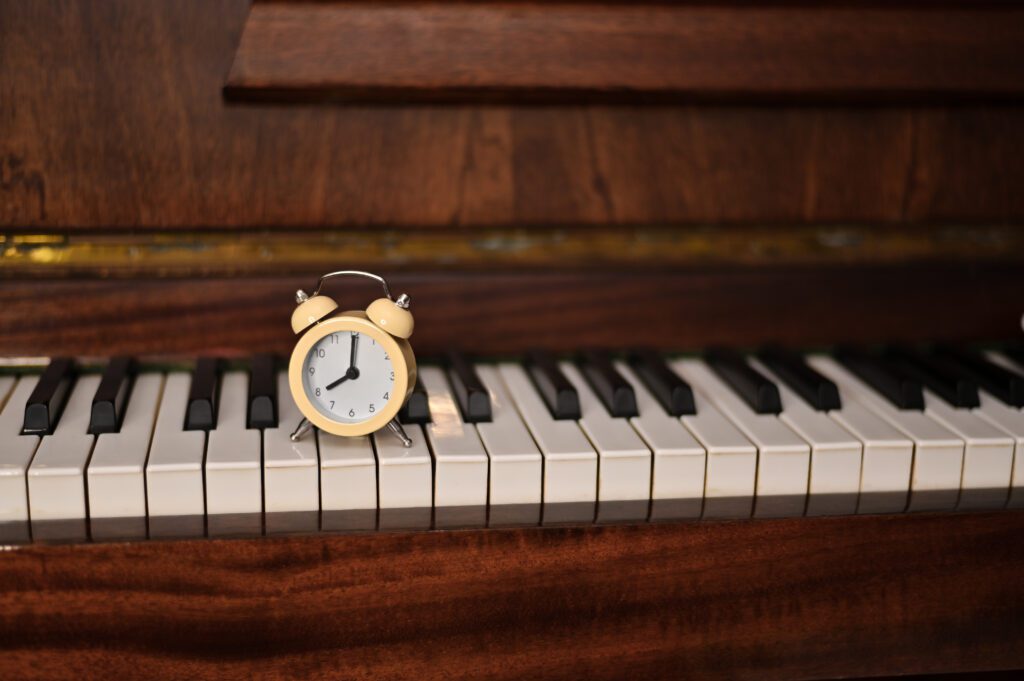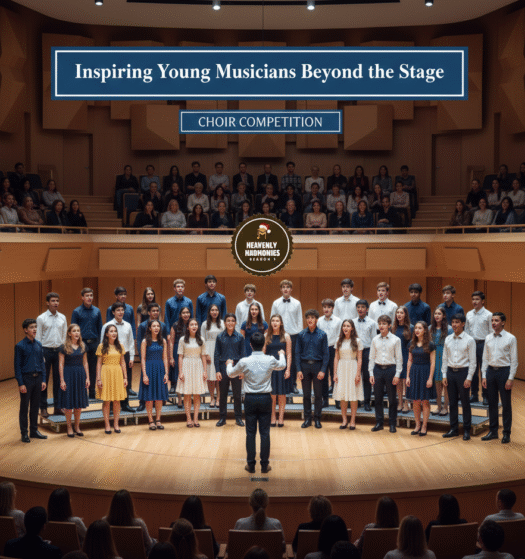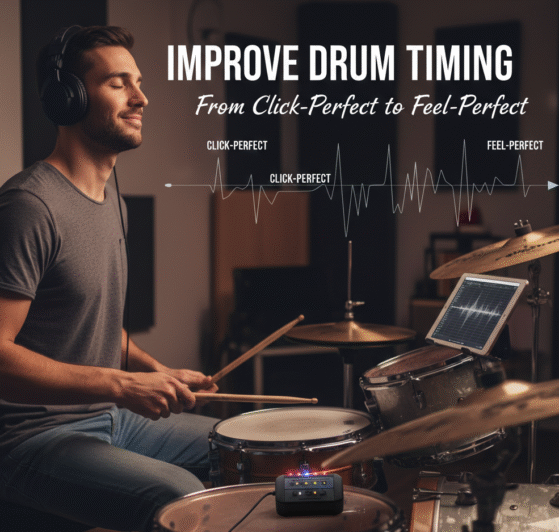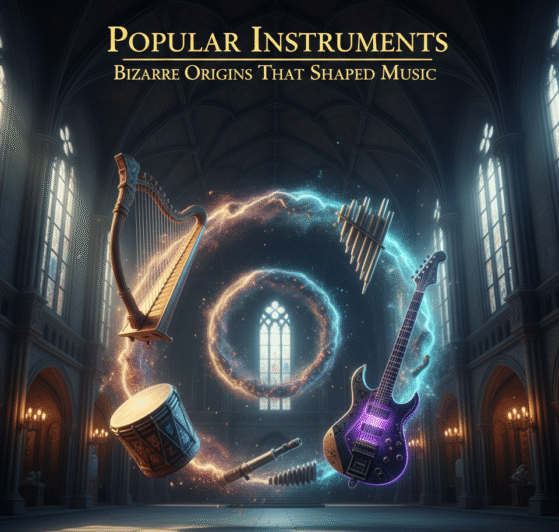How Long Does It Take to Learn an Instrument?
Learning an instrument is a journey—sometimes quick, sometimes long, but always rewarding. If you’ve ever found yourself asking, “How long does it take to learn an instrument?”, you’re not alone. It’s a common question among beginners and even among parents enrolling their children in music lessons. While there’s no one-size-fits-all answer, several factors play a significant role in determining how long it takes to reach certain levels of proficiency. These include the type of instrument, your age, your practice routine, the learning environment, and your personal goals.
At The Mystic Keys, we offer tailored, one-on-one online music lessons that help students progress efficiently while enjoying the process. Let’s break down what affects the timeline for learning an instrument—and how you can fast-track your musical journey.
Defining “Learning an Instrument”
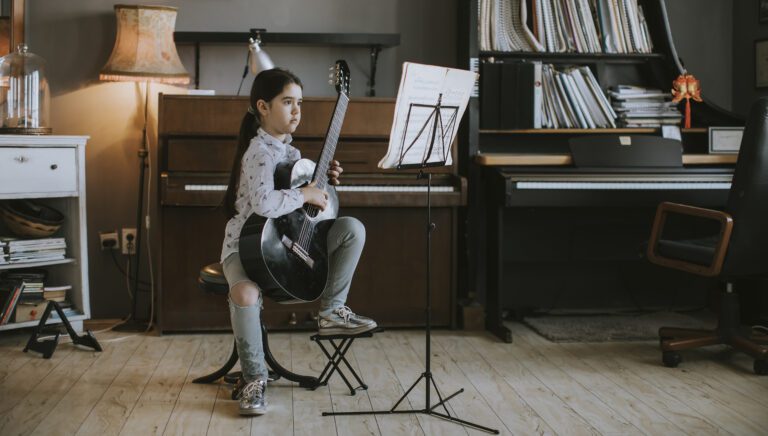
Before diving into timeframes, it’s important to define what we mean by “learning an instrument.” Are you aiming to:
- Play basic songs and chords?
- Perform confidently in public?
- Pass music exams like Trinity College London certifications?
- Compose or improvise your own music?
Each of these goals comes with its own timeline. For instance, learning to strum simple chords on a guitar takes far less time than mastering jazz improvisation or preparing for a Grade 8 piano exam.
Average Learning Timelines by Instrument

Beginner Level (simple songs, scales): 3–6 months
Intermediate (two-hand coordination, reading music): 1–2 years
Advanced (concert pieces, theory integration): 3–5+ years
Beginner (open chords, simple melodies): 2–5 months
Intermediate (barre chords, fingerstyle, scales): 1–2 years
Advanced (soloing, advanced theory): 3–5 years
Beginner (bowing, posture, first positions): 4–6 months
Intermediate (vibrato, shifting positions): 2–3 years
Advanced (concertos, orchestra performance): 5+ years
Beginner (pitch control, breathing): 3–6 months
Intermediate (range expansion, performance): 1–2 years
Advanced (vocal runs, dynamic control): 3+ years
Beginner (basic rhythms, stick control): 2–4 months
Intermediate (fills, coordination, timing): 1–2 years
Advanced (genre versatility, speed): 3+ years
These are rough estimates. Progress depends on consistency and the quality of guidance you receive.
Factors That Influence Learning Speed

1. Consistency of Practice
The number one factor. Students who practice daily—even for just 20–30 minutes—tend to progress significantly faster than those who practice irregularly.
2. Age of the Learner
Children tend to pick up techniques quickly due to neuroplasticity, but adults often grasp theory faster. No age is “too late” to start!
3. Instrument Complexity
Some instruments, like piano, offer a more visual and intuitive interface. Others, like violin or saxophone, demand more technique and fine motor control early on.
4. Learning Environment
A structured, personalized lesson plan—as offered by The Mystic Keys—can drastically reduce learning time compared to trying to learn solely through YouTube or self-teaching apps.
5. Goals and Motivation
A student preparing for exams or performance tends to stay more motivated and focused, leading to quicker improvement.
The 10,000 Hour Rule—Myth or Reality?
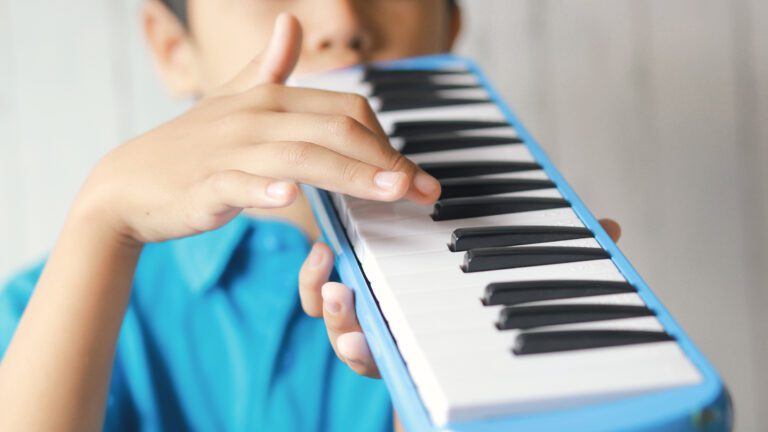
Popularized by Malcolm Gladwell, the “10,000-hour rule” suggests that mastery requires thousands of hours of practice. While there is truth to the idea that time invested = skill gained, quality practice is far more impactful than just quantity. Focused, consistent, mindful practice (even for short durations) often leads to better results than unfocused, lengthy sessions.
How We Speed Up Learning at The Mystic Keys
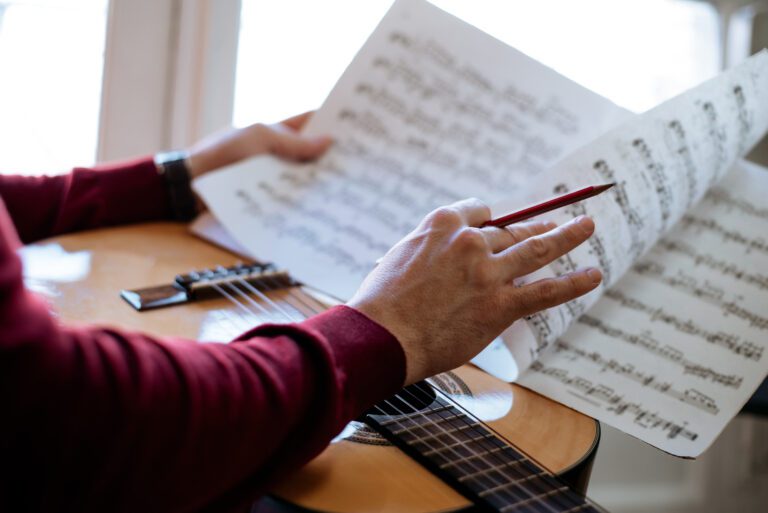
At The Mystic Keys, we help our students learn faster and more effectively through:
- One-on-one online Zoom classes tailored to student levels
- Expert teachers with Trinity College London certifications and Grade 8 qualifications
- Personalized lesson plans with recorded sessions and structured notes
- Homework and practice guidance
- Video submissions to improve camera confidence and performance readiness
We’ve seen students who started from scratch play confidently within 3–6 months when they followed our method seriously.
Tips to Learn Faster
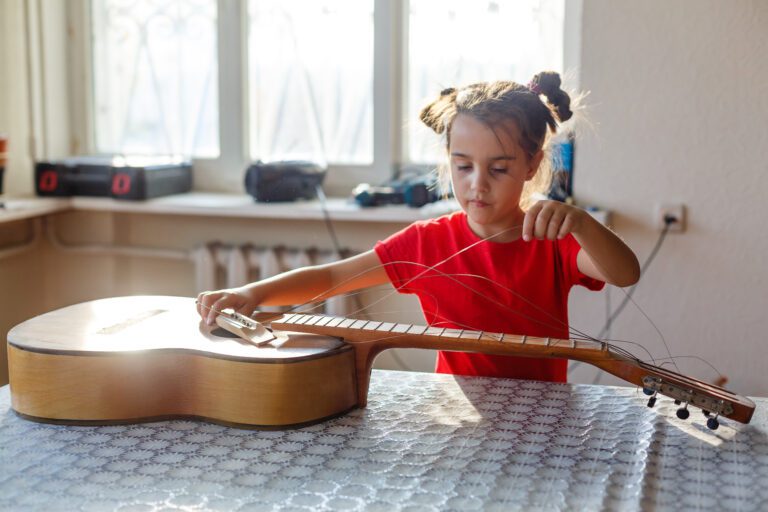
- Set a consistent schedule and stick to it
- Record yourself playing/singing and review
- Use a practice journal to track progress
- Ask your teacher for feedback regularly
- Break down complex sections into smaller chunks
- Play with others or perform to build confidence
Conclusion: Make the Journey Enjoyable
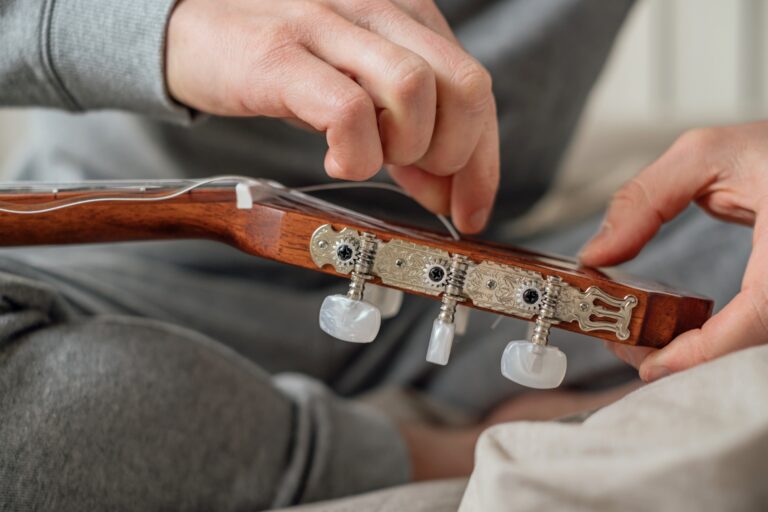
So, how long does it take to learn an instrument? The answer truly depends on your goals, your dedication, and the support you receive. For some, learning a few songs can take weeks. For others aiming at mastery, it’s a lifelong journey. But with the right mindset and the right mentor, learning music can be quicker, more effective, and definitely more enjoyable.
At The Mystic Keys, we’ve helped hundreds of students—young and old—achieve their musical dreams faster than they thought possible. Let us help you start your journey the right way.
Want to learn Music in detail? Enroll in our Keyboard Classes Online and explore the fascinating world of music.
Start Learning Today! Visit The Mystic Keys to explore our online music programs in piano, keyboard, vocals, guitar, and more.
Have questions about which instrument suits you best or how to begin? Contact our expert team—we’re here to guide you.
Related Blogs
Confidence isn’t something you’re simply born with — it’s something you build. And one of the most powerful, rewarding, and creative ways to develop self-confidence is by learning to play a musical instrument.
The quest for effective music to help you study techniques has led many students to incorporate music into their routines. Study playlists, often filled with soothing or instrumental tracks, are popular tools aimed at enhancing focus and productivity.


